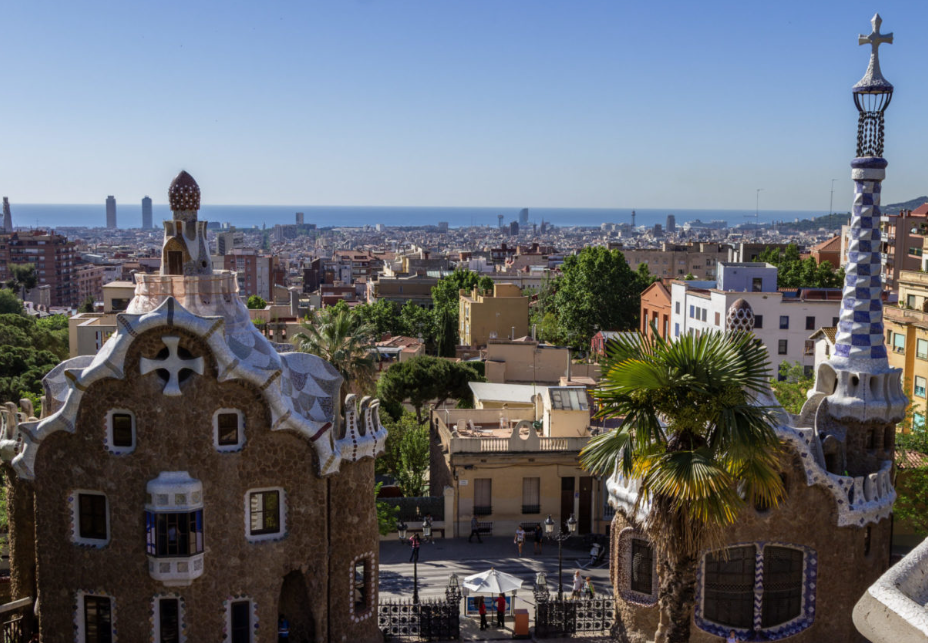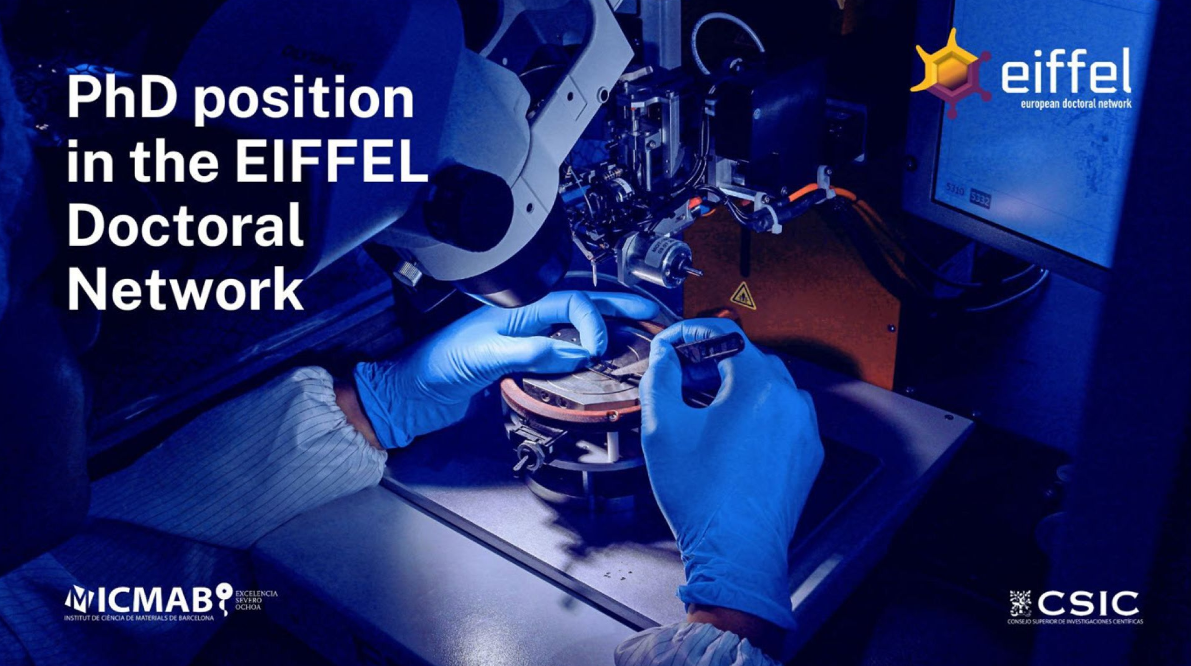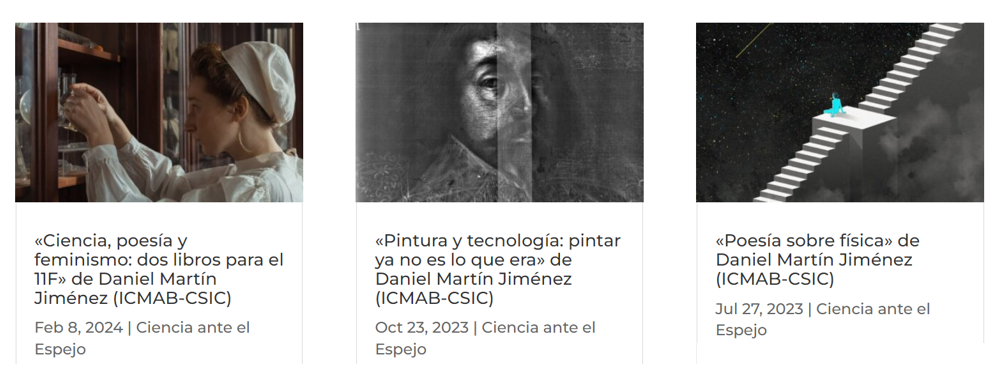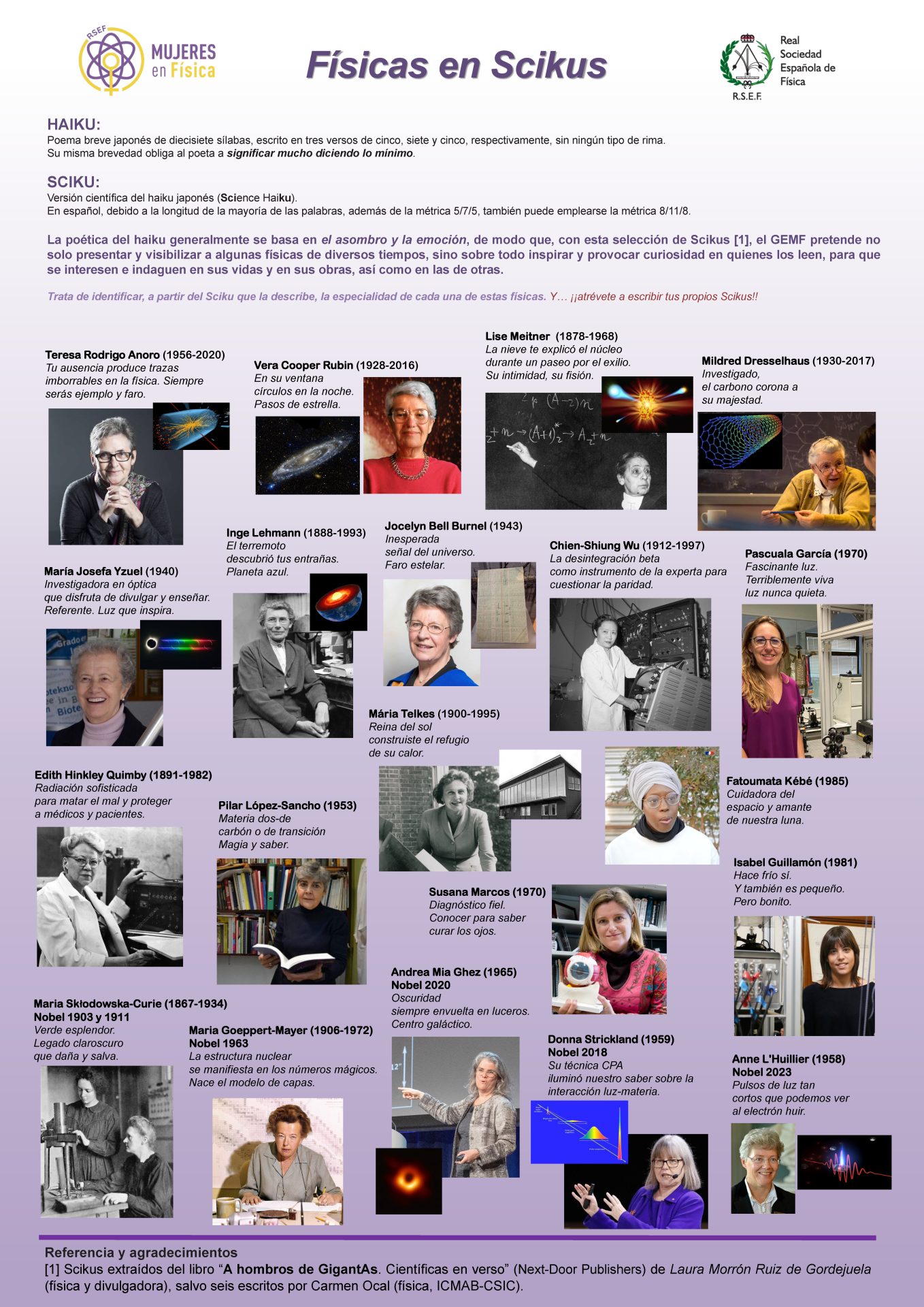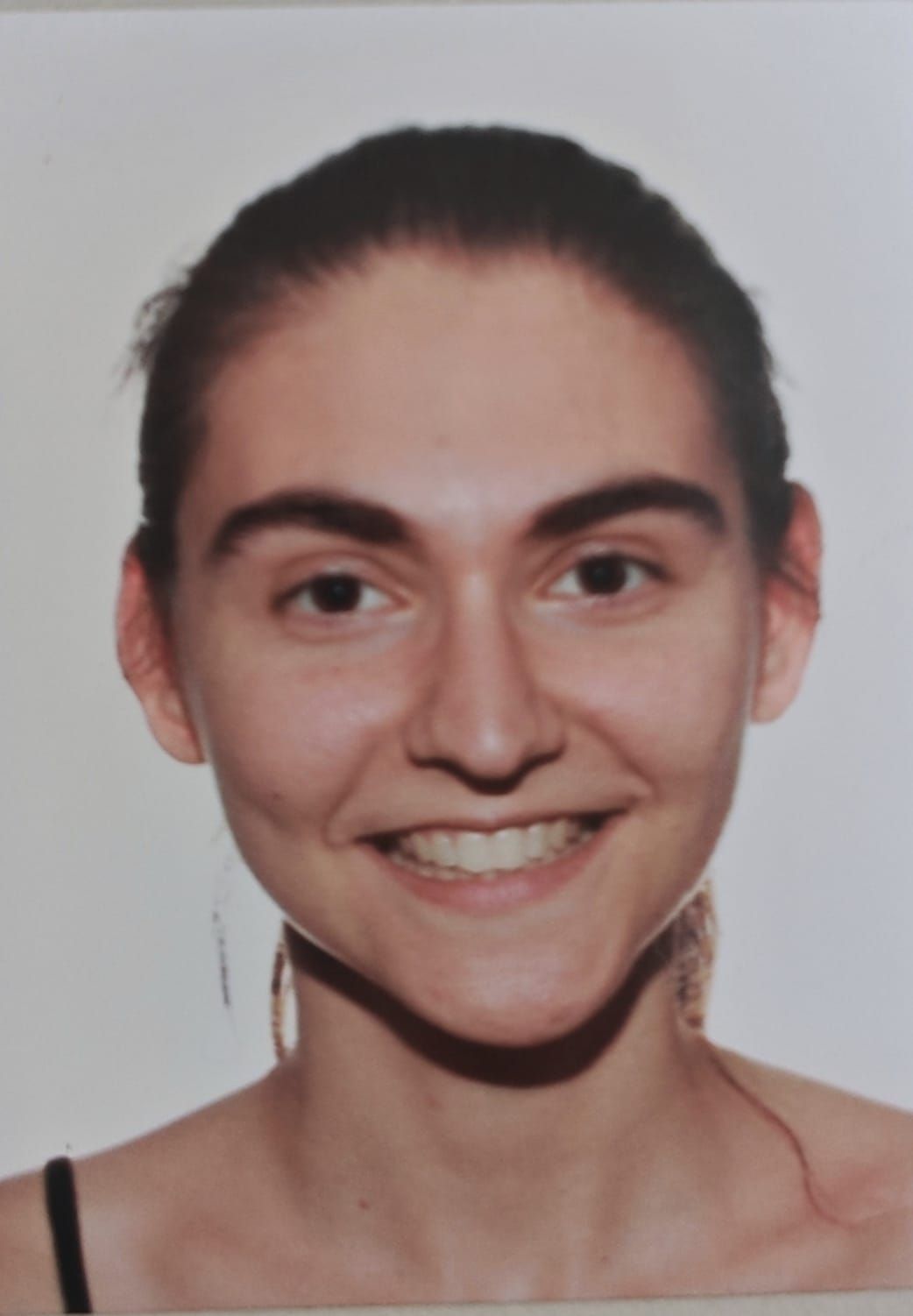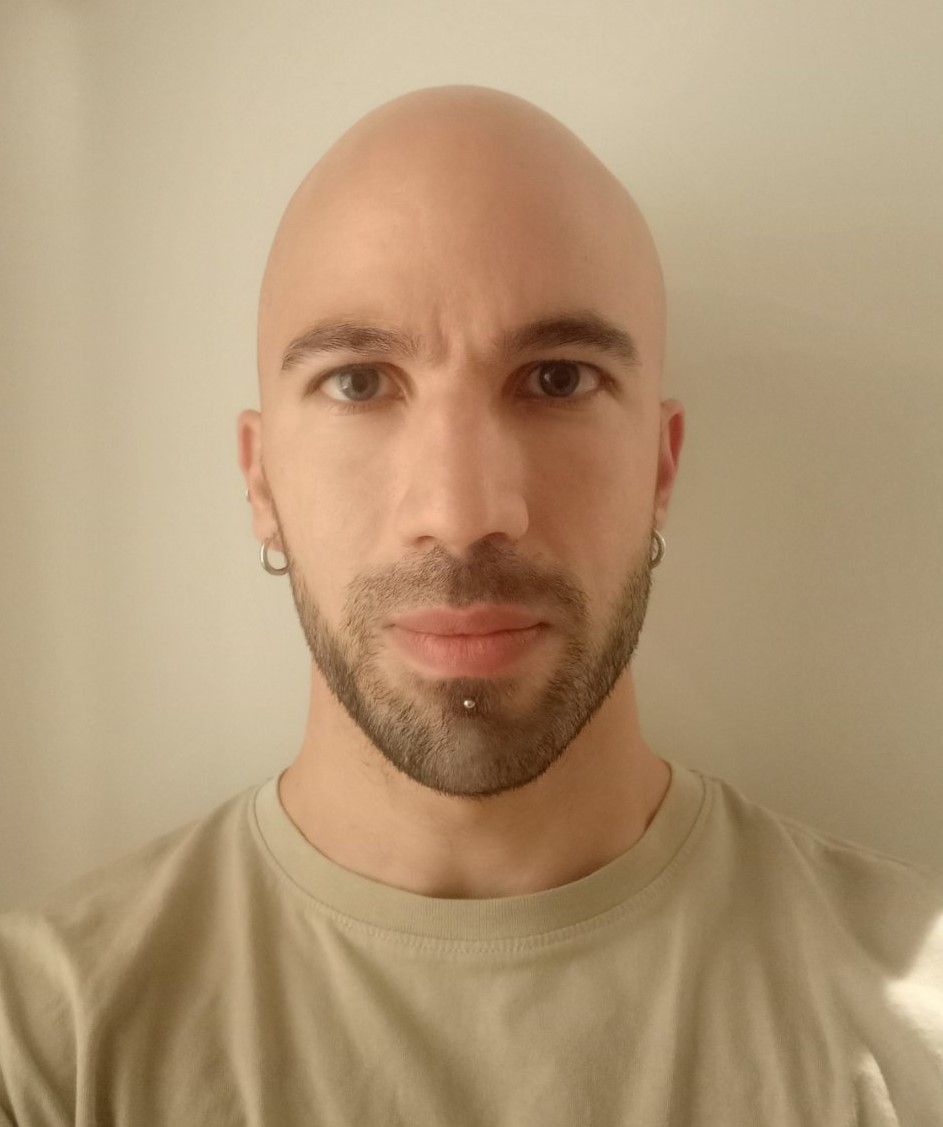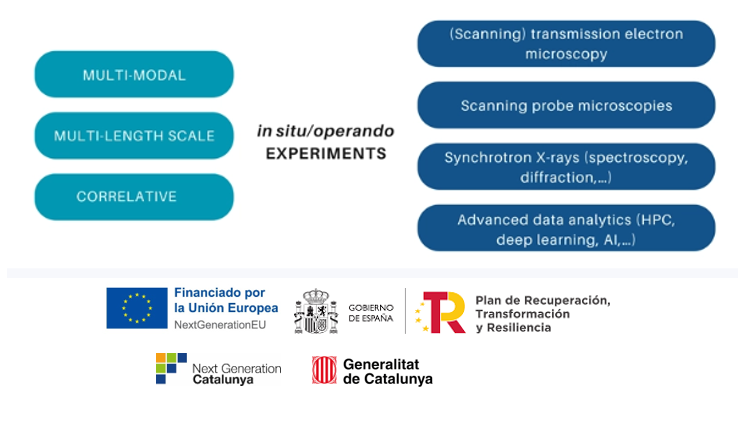IPOE conference: Interface Properties in Organic and Hybrid Electronic: Perspectives & Key Challenges
Esther Barrena, as part of the organizing committee, encourage participation in IPOE 2024 to be held in September, Barcelona.
Following the spirit of the previous editions, IPOE will be entirely devoted to the physical phenomena occurring at organic/organic, organic/inorganic and organic/metallic interfaces, as motivated by their essential role in many (bio-)physico-chemical processes, ranging from solar energy conversion to biosensing. The conference will cover a broad range of areas related to both experimental and theoretical aspects of these processes, comprising the following topics (but not limited to): Charge separation mechanisms, Organic/organic interfaces, Charge generation mechanisms, Solar energy conversion, Energy transfer processes, Energy landscape at interfaces, Molecular spintronics, Materials for interface engineering, Organic and Hybrid SCs, O&H LEDs, OFETs, Interfacial versus bulk properties, Experimental probes, Hybrid organic/inorganic interfaces, Molecular modeling and theoretical models, Metal/organic interfaces
IPOE-2024 is a single-session conference, comprising a invited lectures, oral contributions, and a poster session.
The conferences will be followed by ample time devoted to questions , in addition to discussions during a poster session. We hope that new insights will emerge from this conference, providing additional design criteria for novel materials fulfilling optimized interfacial properties. As such, the conference is open to all confirmed and young researchers from a broad diversity of domains, ranging from design and synthesis of novel materials, to theoretical and experimental characterizations.
